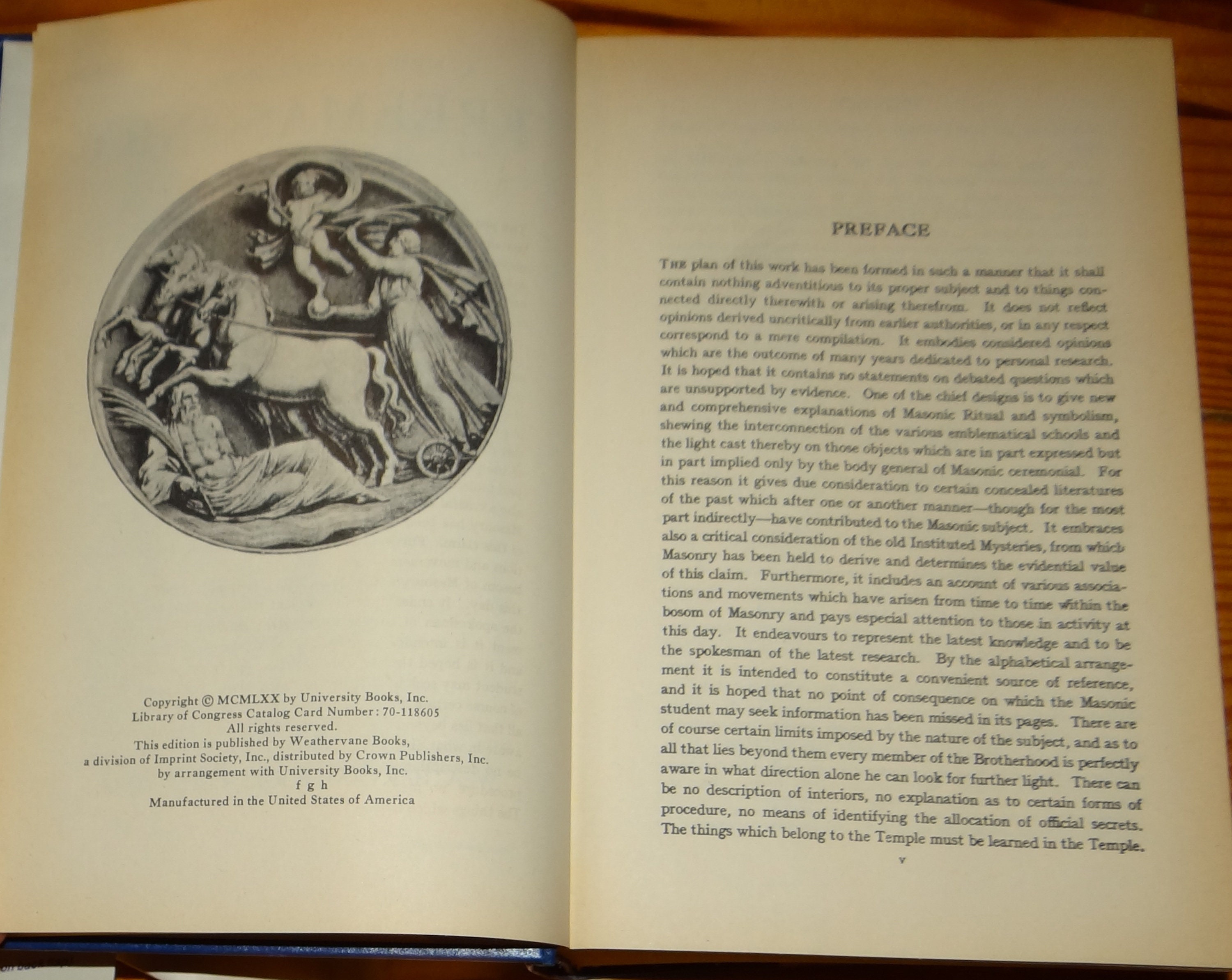

Expansion of trade and the money economy stimulated the development of new institutions of finance and credit (see commercial revolution commercial revolution, The ground was prepared by the voyages of discovery from Western Europe in the 15th and 16th cent., which led to a vast influx of precious metals from the New World, raising prices, stimulating industry, and fostering a money economy. The Industrial Revolution in Great Britain The same process occurred at later times and in changed tempo in other countries.


However, in view of the magnitude of change between 17, the term seems useful.ĭramatic changes in the social and economic structure took place as inventions and technological innovations created the factory system of large-scale machine production and greater economic specialization, and as the laboring population, formerly employed predominantly in agriculture (in which production had also increased as a result of technological improvements), increasingly gathered in great urban factory centers. were also periods of revolutionary economic change. Some historians argue that the 13th and 16th cent. There has been much objection to the term because the word revolution suggests sudden, violent, unparalleled change, whereas the transformation was, to a great extent, gradual. It is used historically to refer primarily to the period in British history from the middle of the 18th cent. Industrial Revolution, term usually applied to the social and economic changes that mark the transition from a stable agricultural and commercial society to a modern industrial society relying on complex machinery rather than tools.


 0 kommentar(er)
0 kommentar(er)
